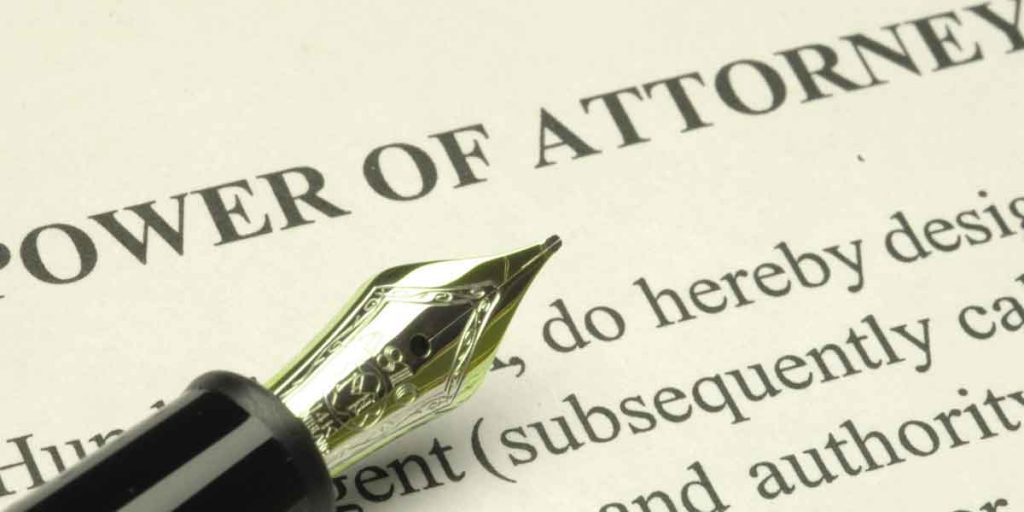A POA is basically a legally backed document which enables a person to designate another individual to act in their stead and make certain decisions for them. This individual can be any trusted person. He or she mustn’t necessarily be a family member. The person could be your friend, pastor, or even lawyer. The individual behind the creation of a POA is often regarded as the principal while the designated individual is regarded as the attorney-in-fact. A POA becomes ineffective when the principal dies and it can only be activated by an individual who is mentally incompetent or incapacitated.
Many people believe that as soon as you create a power of attorney, you lose authority over all that you own. Well, this is gibberish because the POA becomes active only when you lack the mental capacity to handle your financial, legal, and personal affairs. So as far as you have the full mental capacity to make the best decisions for yourself, your attorney-in-fact will continue to lie dormant.
With the POA form, a principal can designated any POA to act on his behalf or represent him and his affairs in any given area when they become mentally incapable of handling things.
Power of Attorney and Estate Executor
If you are very conversant with estate planning and the processes involved you will notice that a power of attorney is almost similar to an estate executor. An estate executor may play similar role with a power of attorney, but they are two different terms and individuals. An estate executor is an individual who is designated by an estate owner to act on his behalf upon his death. His job starts when the estate owner dies. For a power of attorney, his role ends upon the demise of the principal.
Duties of a POA
A power of attorney performs several obligations but below are some of the major duties performed by a power of attorney.
- Due to the incapacitation of the principal, he or she will lack the mental capacity to make correct medical decisions for him or herself. It is the job of a power of attorney to make such decision on the behalf of the principal.
- As we all know, one who is mentally ill or incapacitated, will lack the capacity to make correct financial and legal decisions for him or herself. It is the job of the power of attorney to ensure that he assists the principal make the best decisions regarding health related and legal related matters.
- It is also the job of a POA to make certain decisions fir individuals who lack the mental capacity or health to make these decisions theirselves.
A designated power of attorney will only make decision regarding the health of the principal when he or she lacks the mental capacity to make such decisions due to incapability. This is usually regarded as an advanced care directive and it gives the attorney-in-fact the power to make health care choices for the principal. Only the designated attorney-in-fact can make medical decisions for the principal and no one else, even his family members, wife or children.
A power of attorney is only applicable to individuals who have lost their mental capacity. You don’t need a power of attorney if you have your mental capacity is intact or if you have certain disability that doesn’t affect your mental health. You don’t need a power of attorney if you had an accident that resulted in you been confined to a wheelchair or if you are bedridden. It is very important that you create a POA before you lose your mental capacity. By completing the form in time, when you eventually succumb to dementia or senility, your attorney-in-fact will be there to make those important decisions for you.
If you require an attorney to help you create a POA, or you need one to walk you through the process, you can contact us. We boast of the best and experienced attorneys that can also help you plan your estate





